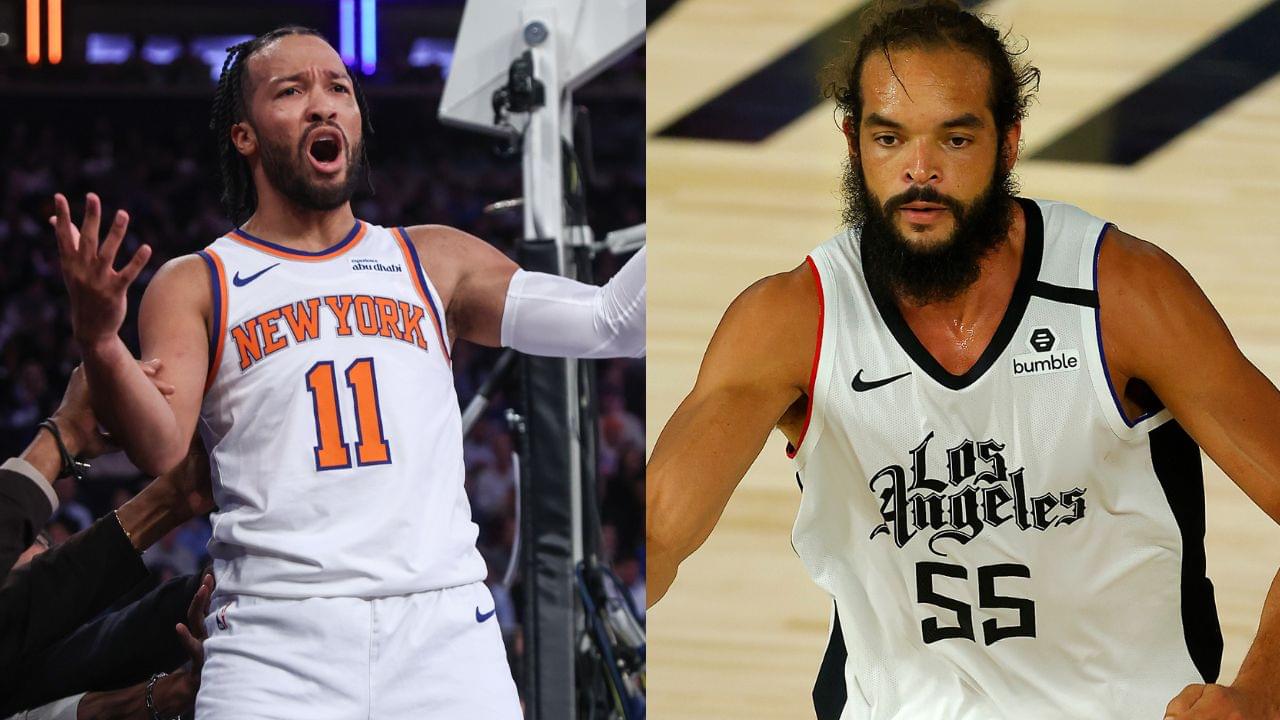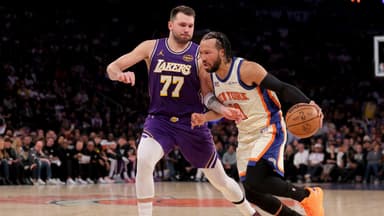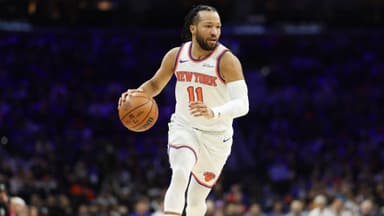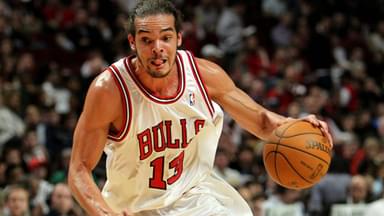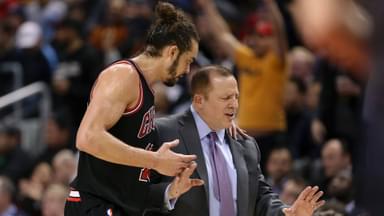NIL deals have changed the landscape for young athletes who haven’t gone pro. It has been such a deviation from the norm that its merits and demerits are discussed to this day. It is true that NIL money is reshaping the way these athletes view the NBA. While earlier athletes used to want to hurry and join the pros because that’s where the money was, now they can take their time and play the waiting them till something really lucrative comes along.
Advertisement
It certainly does pose a bit of a headache for the recruiters but given that generations of college athletes have put their life and limb on the line to make other people millions, the NIL is the least they can expect in return.
Of course, right now, in its current state, the NIL has a lot of loopholes that makes it bad for the sport and the athlete, which is exactly how the conversation between Joakim Noah and Jalen Brunson began on the subject.
“I am happy, the kids deserve it,” Noah said, but argued that perhaps handing them these serious cheques at a very young and irresponsible age wasn’t the way to go.
“So now, there’s an imbalance in the whole thing. They have to figure out how it makes sense, maybe they put it in a fund and they can get it later. These kids are wearing big a** diamond chains very young,” he asserted.
Brunson agreed, but complained that the school shouldn’t be paying the kids money. They should be getting brand deals, according to him. “Because I feel like … not feel, it’s been free agency every year … You sign a year and then if you don’t play the first couple of games, people are already trying to recruit you,” he claimed.
Noah agreed that it was terrible but asked them to remember that the March Madness TV money was off the charts for the kids to not get a slice of the pie. “And nobody who is playing on that court is getting a dollar … You are getting brand money but that’s just a band-aid for what it really is. This thing generated billions of dollars,” he noted, adding that back in the day, players couldn’t even bring their family to the games.
Brunson concurred but argued that the NIL deals should come with conditions. Comparing it to prize money in tournaments, he explained his idea for the pay structure. “You make the first round of the cup, you get this much, right? You make the next round, you get this much,”
Noah exclaimed that right now college basketball didn’t have any limitations nor caps for the trading or signing of players, asserting that it was the wild west where the highest bidder got what they wanted.
Well, these are all good points to argue and discuss, but we should not forget that the NIL is ultimately a good thing for the players. Now, should there be caps and limitations, and proper guidance made available to players at that age? Absolutely. Hopefully, the coming years will bring more structure to the NIL deals.

